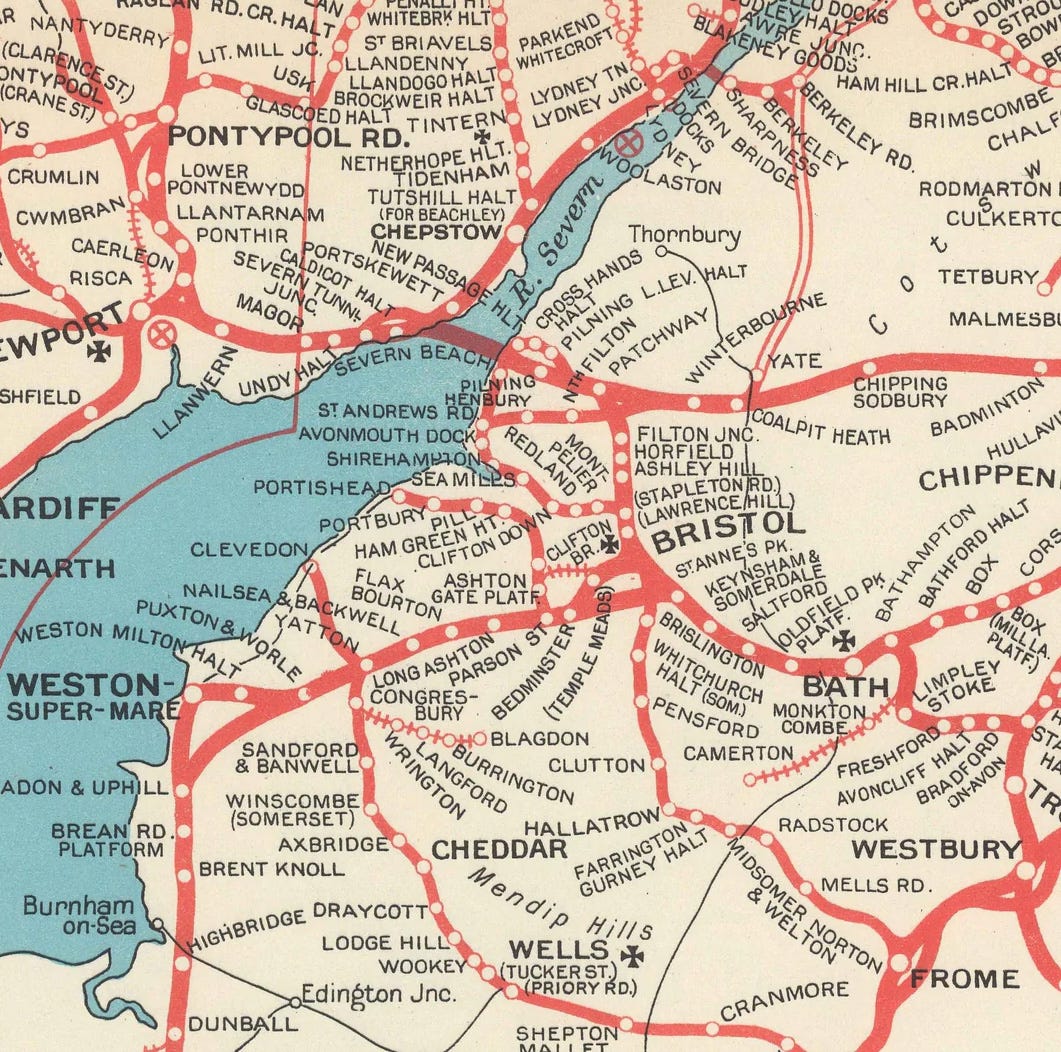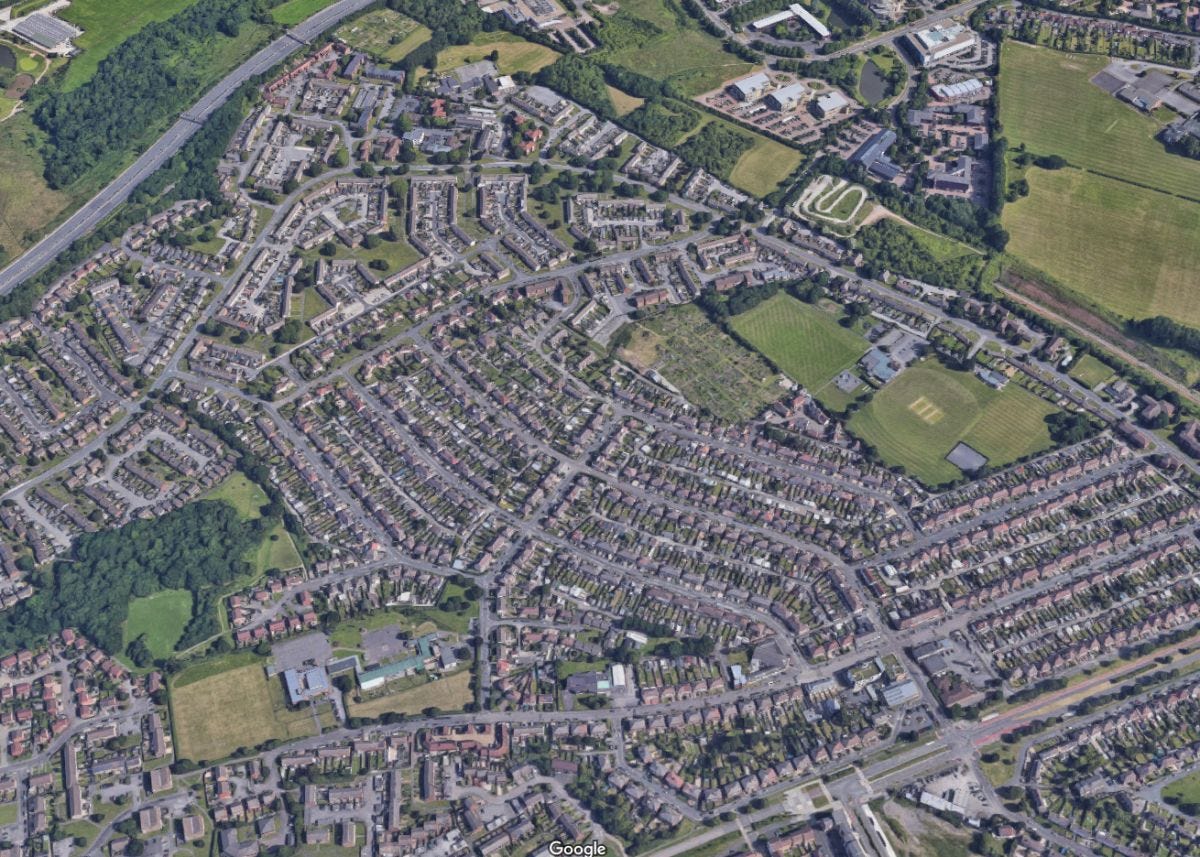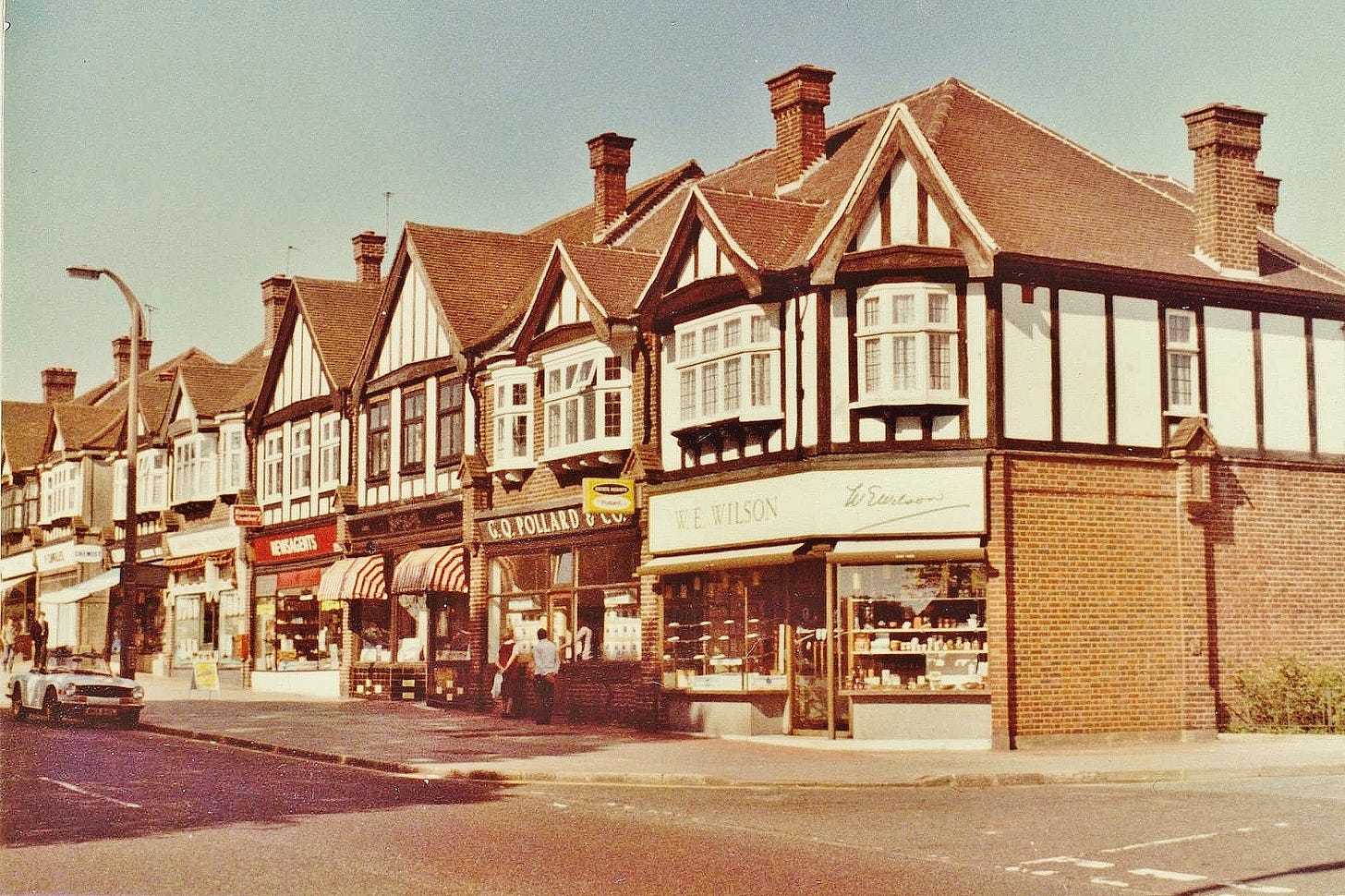
Yet again, the outgoing mayor of Bristol, Marvin Rees, is making the lack of any progress towards building a fit for purpose mass transit system for the city and beyond, all about the opposition to his vision of putting part of it underground: Rees: ‘Mass transit is hanging by a thread’ - Ellie Pipe | B24/7 | 9.11.23. The thing is, anyone who knows anything about the complex history of local government in Bristol and the surrounding region will be aware of the proposals for, and discussions about, various form of mass transit that go back decades in time. A lot of hot air has been generated over those decades, yet here we are in 2023, with a public transport system in Bristol and the surrounding region that is simply not fit for purpose.
We had an object lesson in the inadequacy of the public transport network in our region a few evenings ago when we were travelling back home from Lawrence Hill to Keynsham. A two legged journey with a total time of actually being on a moving train coming in at ten minutes but which involved waiting almost forty minutes for a connecting train service at Bristol Temple Meads!
Given the way the boundaries have been drawn up between Bristol and the surrounding local authorities of North Somerset, South Gloucestershire and Bath & North East Somerset (BANES), the delivery of a workable mass transit system cannot be the responsibility of Bristol City Council alone. With North Somerset being the location of Bristol Airport, they absolutely have to be involved in the development of any system. With South Gloucestershire having a lot of the suburban sprawl that makes it physically part of the urban footprint of Bristol to the south, they also have to be involved. With a commuter town like Keynsham located mid way between Bristol and Bath, BANES need to be involved as well.
All of this points to the West of England Combined Authority (WECA), led by the metro mayor, Dan Norris, as being the body who should be pushing for the development, implementation and delivery of the mass transit system that the region so desperately needs. The thing is, as anyone who has ever attended a WECA meeting will tell you, that authority is utterly dysfunctional as it's plagued by squabbling between the leaders of Bristol, South Gloucestershire and BANES, and Dan Norris, rendering them almost incapable of making any significant long term plans.
Serious consideration needs to be given as to why many people feel they have little option but to drive. It's not because they love the 'freedom' of being able to drive anywhere they feel like as and when they want to, it's because there is simply no viable public transport, walking or cycling alternative. This is something that is starting to be acknowledged: Listen: Why are people so attached to their cars? Bristol prepares for its first ‘liveable neighbourhood’ - The Bristol Cable | 10.11.23.

As I've written more times than I care to remember, we have to live with the consequences of planning policy based on the assumption of near universal car ownership: The future of movement on a finite planet 21.2.23. That means acres of suburban sprawl with minimal shopping provision. We also have to live with the consequences of the big supermarkets squeezing out the small food retailers, resulting in many people having to drive to their nearest supermarket rather than walk round the corner to stock up. Also, assumptions of near universal car ownership mean that in many cases, employment opportunities are not located in town and city centres but, will be out on the periphery of our urban areas. None of us asked for this world, it's the one the dictates of capital have forced us to live in. All we ask is that those who choose to use a car to get around because they feel they have no other option are not castigated for it.

A comprehensive mass transit region for North Somerset, Bristol, South Gloucestershire and BANES is absolutely essential. The bickering and ego stroking that's holding it back needs to stop. Whether it will actually stop is however, a moot point to say the least! Particularly when some very hard decisions will need to be made. One of which should, in our opinion, be whether long abandoned railway lines that are now designated as cycle routes could be re-purposed for use as light rail. A travel option that would benefit significantly more people than simply leaving these routes for the use of cyclists.
Finally, what also needs to happen alongside the development of a mass transit system is an honest discussion about how planning policy and corporate domination of retail has created a car dependent society, and what can be done to reduce that dependency without impinging on people's freedom. There has to be some joined up thinking and a holistic, lng term overview if we're going to get the mass transit system we deserve. We simply can't afford to carry on as we are...





The idea that we use cars just because we love them is aggravating. We use cars because we absolutely need to use cars. People's jobs require using a car to get to them. People design their lives with the fair and reasonable assumption of car ownership. I and millions of others find a car is essential to get to the job that keeps a roof over my head. There is no way I could reasonably use public transport to commute. And the idea that I should contemplate abandoning my good job for the sake of environmental ideals which will do nothing because the poor of the world will not stop trying to make their lives better is madness. I want a plentiful public transport system like the best in Europe. I love my bicycle. But I do not accept the assertion that people do not need their cars. Journalists who ignore that reality are being cruel and arrogant.
I've always wondered why they are promoting 15 minute zones when they have done everything possible to destroy the neighbourhoods we had. Neighbourhoods are dangerous. We develop that elusive sense of community which makes us dangerous. Something doesn't add up.